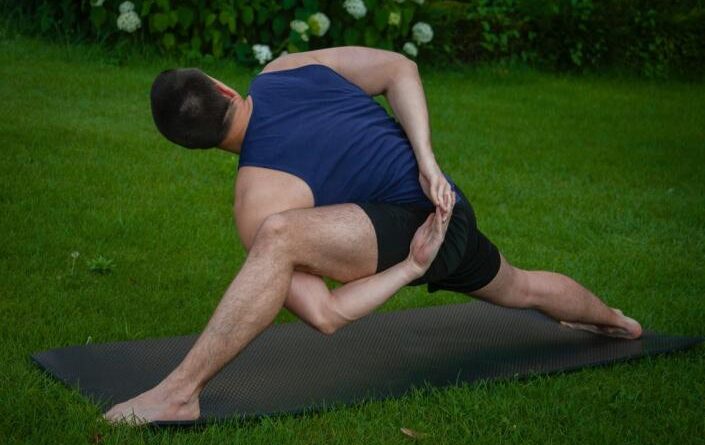7 Top Travel Trends in 2023 – Yahoo News
The pandemic disrupted the industry and continues to change how, where, when, and why we travel. The growing climate crisis, manifested in global weather disasters (from excessive heat to fires, to floods, to hurricanes, to earthquakes, to extreme winter weather events) plays havoc with our plans. Despite these hurdles and ongoing economic inequalities, a growing number of people previously prevented from traveling are venturing into the world, and queers are leading the way. Here’s what will be defining travel this year

Photo by Adél Grőber on Unsplash
More than ever, in 2023, flexibility in our travel plans is critically important. This past year, flights have been canceled over staffing issues, climate disasters, political instability, social protests, and more. Favorite destinations have similarly become suddenly inaccessible as the earth changes shape and political winds switch directions. Where you are going, how you get there, and when you can travel are factors that aren’t always in your control now. Fortunately, generous cancellation policies are also making it easier for travelers to respond to these complications

Photo by Tiago Rosado on Unsplash
To manage these turbulent waters, more travelers are turning to travel advisers or picking experiences that are put together and managed by someone else. Queer travel influencers and advisers, tour groups and brands like Olivia, Atlantis, R Family Vacations, VACAYA, and even our cover stars’ company OUTbound are all ready to answer the call.
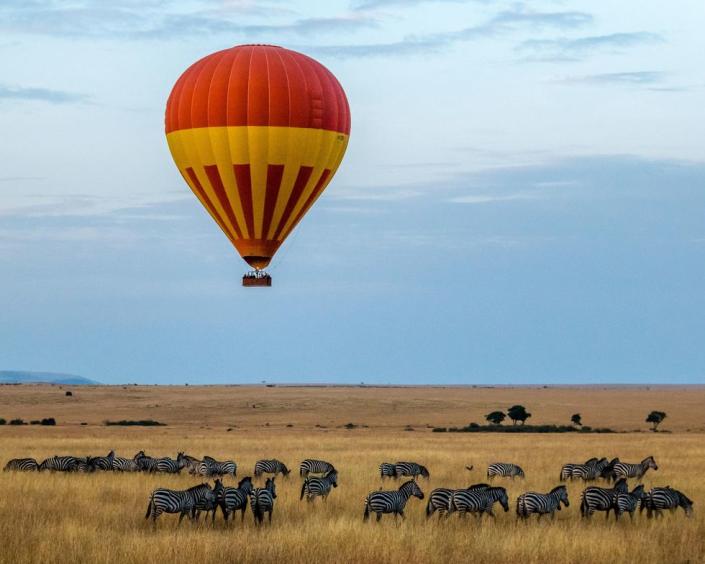
Photo by sutirta budiman on Unsplash
In 2023 we want more from our travel. We’re no longer satisfied with visits to places where everyone is promised the exact same experience and then exit out of a tacky gift shop. We want one-of-a-kind experiences that leave us with more memories than photos and souvenirs. We want to connect with local LGBTQ+ folks. This is dovetailing with the rise of Indigenous travel, as we choose to get to know Native peoples

Las Palmas Getty Images
With travelers demanding more from our visits and willing to pay for unique and elevated experiences, the luxury travel industry is booming. Many “everyday” folks who would never have been considered part of the luxury market, are pushing their way into the space so they can see how the other side lives. These bespoke experiences are not available at bargain prices, but travelers are willingly saving up to have them. Contradictorily, we’re seeing a simultaneous growth around cheap travel as well. After blowing their wad on a once-in-lifetime experience, travelers aren’t staying home. They are just looking for bargains.
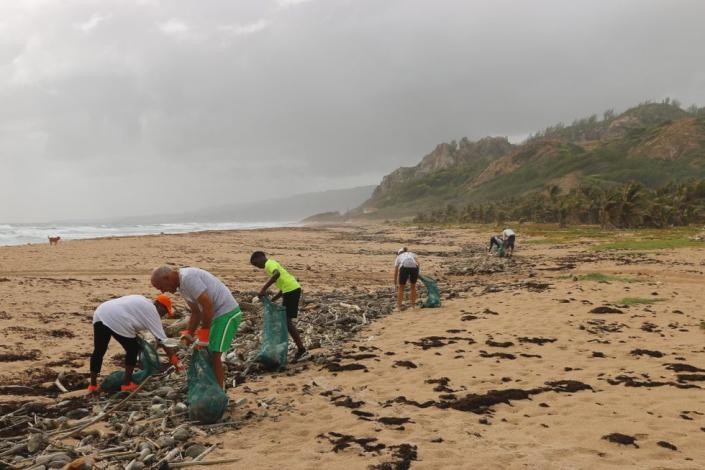
Photo by Brian Yurasits on Unsplash
There’s a growing desire to avoid doing harm to destinations visited. Maybe it’s because the people new to luxury travel aren’t wealthy year-round, maybe it’s because when people living in a locale remind us of ourselves, we’re more inclined to ensure that our pleasure and personal growth don’t come at their expense. More travelers want to interact with the locals (not just as servers) and do something (volunteer, donate, educate) to help people there live their best lives.
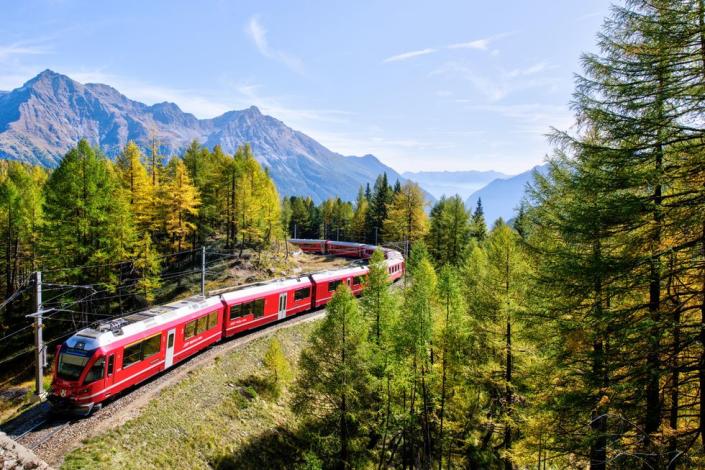
Photo by Jacques Bopp on Unsplash
Also stemming from our desire to have meaningful experiences and really enjoy our trips, is an increasing interest in slow travel. This is all about embracing the journey, rather than focusing on hitting 15 must-see places in three days. It’s choosing train rides over airplanes so you can see the countryside or driving so you can make stops at every Pride event or gay bar in the state. In its 2023 No Go list Fodor noted that travel accounts for 8 percent of global greenhouse gas emissions and shared destinations that are endangered by over-tourism or threatened by the climate crisis. Sometimes the best thing you can do for the place you love is stay away for a season or two.
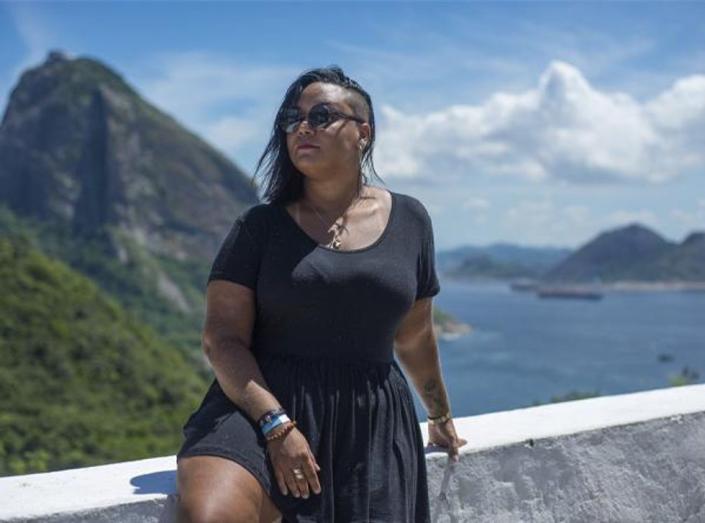
Flavio Teixeira EyeEm Getty Images
People who previously didn’t travel are now getting on planes, trains, and automobiles. There are more people of color, more people of size, and more people with disabilities who are traveling now than ever before. And there are more LGBTQ+ people, including queer people who are visibly different from the mainstream. They’re demanding space and showing up in unexpected venues around the world. Not everyone’s ready for them, but that’s just too damn bad. It’s 20-fucking-23.
